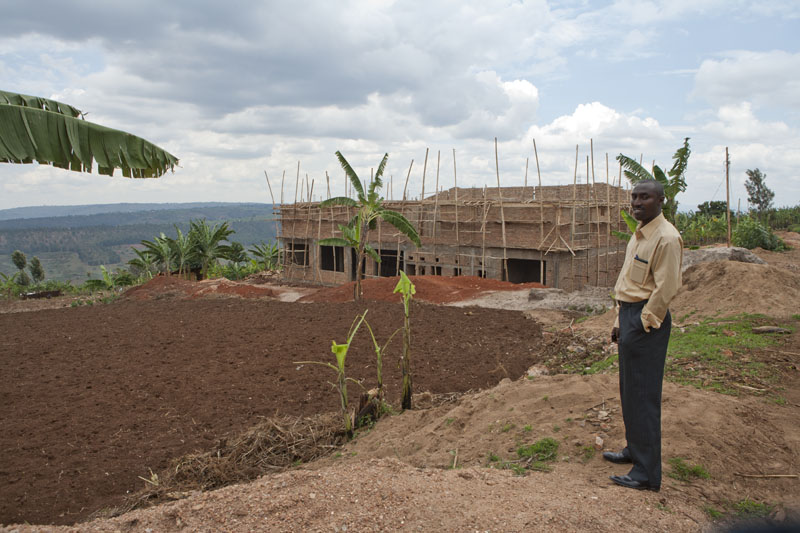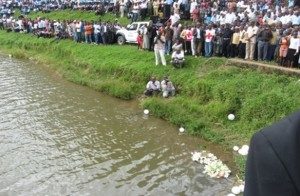
In the Survivors Fund (SURF) Annual Report each year, we highlight some of our current and likely future challenges of our work. In this year’s Annual Report, which we will be publishing next month, we outline four challenges critical to enabling us to rebuild the lives of survivors of the genocide in Rwanda:
- Support previously available to genocide survivors in Rwanda through FARG (Government Assistance Fund for Survivors) is beginning to be mainstreamed into the new National Social Protection Strategy that will prioritise survivors alongside a number of other vulnerable groups for such support – including housing, healthcare, and welfare support. It will be critical that survivors monitor and evaluate this transition, to ensure they can access the support available to them;
- As the events of the genocide become more distant, the challenge to raise funds to support the survivors becomes ever more difficult with the expectation that the population will have begun to overcome the immediate consequences of the events that they endured, such as the rehabilitation of housing and addressing trauma. However in many cases, the problems for survivors are becoming ever greater as they lack the assistance that was previously available to them through funds such as FARG, and they deal with issues compounded by disability and age;
- The greatest challenge for young survivors of the genocide, many of which are orphans, is to secure sustainable employment to provide for themselves and often the households for which they are responsible. As FARG is unable to provide more scholarships to university, it has begun to offer support for vocational training. However the need for such training far outstrips the ability to provide access to it. This is a critical requirement, in particular in the ever increasingly competitive job market in Rwanda since its entry into the East Africa Community (EAC) in 2009;
- For Survivors Fund (SURF), the greatest challenge is to meet the continuing need of survivors in Rwanda despite its own limited resources. The SURF office in Rwanda is critical to the work, coordinating projects and strengthening the capacity of our partner organisations, though there is an emotional, psychological and physical strain on the staff of doing so – and a financial strain on the organisation, particularly in respect to increasing transport costs in Rwanda.

